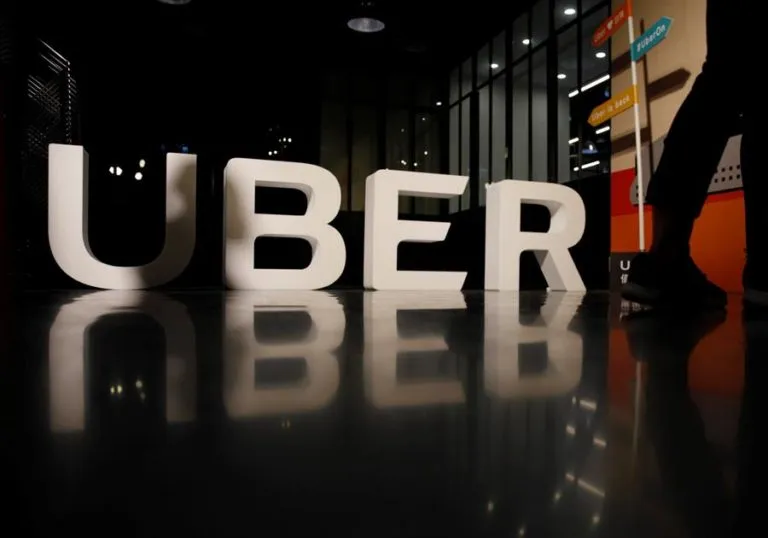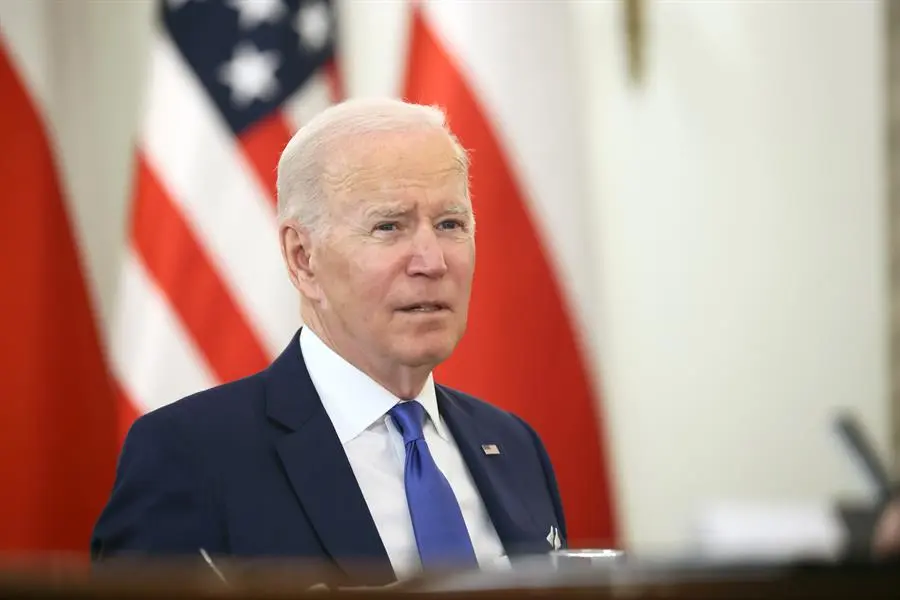Uber announced this Thursday that it will begin to offer access to the entire New York taxi fleet through its application, after reaching an agreement with a group that for years saw the company as its great enemy.
The difficulties of the transport platform in finding enough drivers since the outbreak of the pandemic and the precarious situation of the New York taxi sector – hard hit by covid-19 and by competition from services such as Uber – has led to an alliance until recently. Little unthinkable in the Big Apple.
The collaboration will start this spring and, although Uber had already given the option to taxi drivers in some cities to join its service, this will be the first time in the United States that it will have an agreement to incorporate the entire fleet.
New York, one of the most lucrative markets for the technology company, has also been the scene for years of a tough battle between Uber and the iconic yellow taxis, a symbol of the city.
Guy Peterson, Uber’s Director of Business Development, called the deal a “true win” for taxi drivers, who will now be able to more easily find jobs at slow times and when they are off the busy streets of Manhattan.
“And it’s a real win for riders who will now have access to thousands of yellow cabs in the Uber app,” he added in a statement.
According to several media, passengers will pay approximately the same for taxi trips as for those of Uber X, the company’s most common service.
From the technological point of view, the alliance will be carried out by integrating with the Uber platform the software of the applications that are already used by the around 14,000 taxis in New York to offer their services.
While Uber drivers in the Big Apple can’t see in advance how much they’ll get for a ride, taxi drivers will have that option and can decline if they think it’s not worth it.
Following the announcement, Uber shares soared at the open on Wall Street, gaining around 5%, though those gains were soon moderated.
Since the start of the pandemic, the company has struggled to have enough drivers in New York, which has made waiting times and prices for trips more expensive, upsetting many users.
Taxis, meanwhile, have been in a deep crisis for years as a result of competition from Uber and other platforms, a situation that has only worsened since the outbreak of covid-19, which led many New Yorkers to start working. from their homes full time.
Last year, some drivers even staged a hunger strike to protest their situation, which ended with an agreement with local authorities to restructure the debts they contracted when buying their licenses.
Many New York taxi drivers in the past received huge loans to obtain these permits, whose market price reached more than a million dollars in 2014, but whose value has plummeted in recent years, ruining a good number of drivers, in many cases immigrants who saw in the taxi a sure way to prosper.



















































































